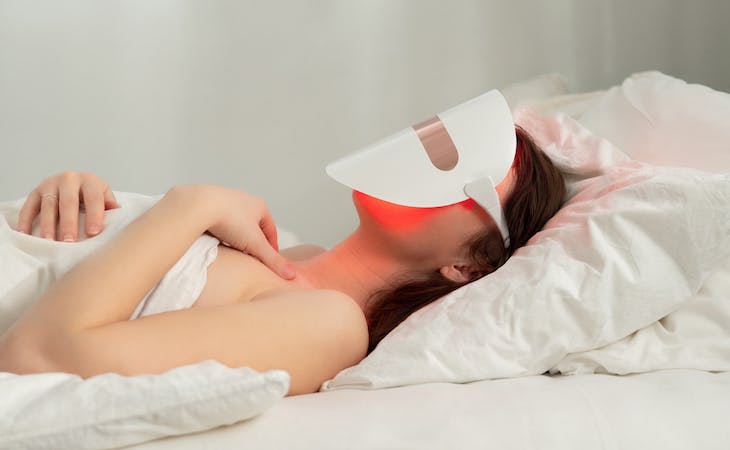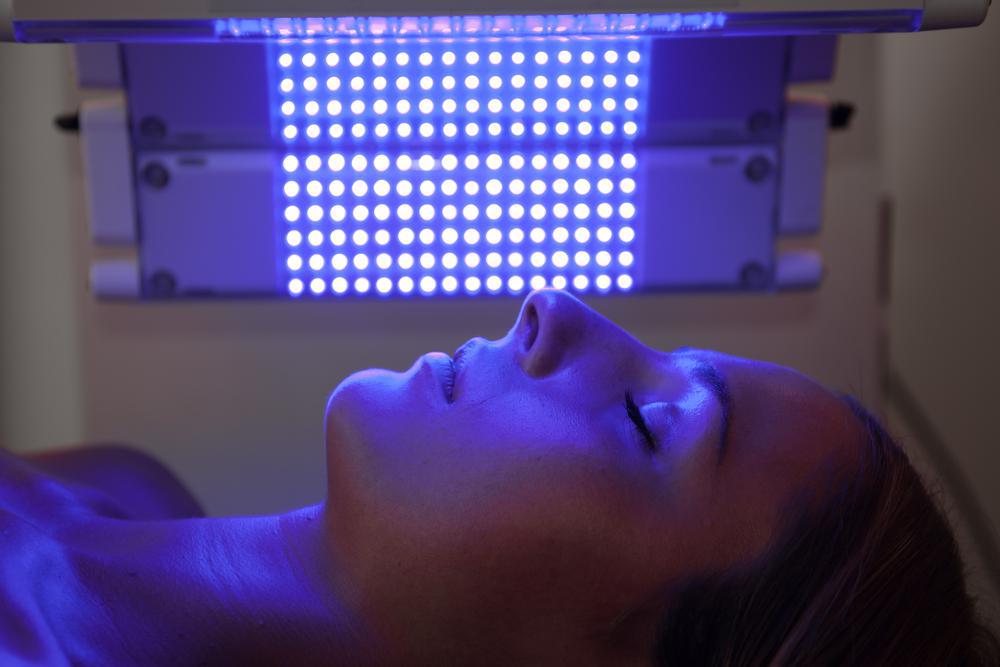Cognitive Behavioral Therapy for Insomnia (CBT-I) - Proven Methods
Cognitive Behavioral Therapy for Insomnia (CBT-I) - Proven Methods
Blog Article
Reliable Therapy Solutions for Handling Sleep Disorders and Enhancing Restful Rest
In the world of medical care, the administration of rest conditions and the quest for relaxing rest are critical elements of overall health. Effective treatment services offer a complex method to tackle these challenges, varying from cognitive behavioral treatments to holistic techniques that promote leisure and mindfulness. The exploration of different approaches, consisting of the combination of medication and light treatment, opens a realm of possibilities in the quest of far better rest high quality. As we browse the elaborate landscape of rest disorders and seek to boost our sleep experience, a deeper understanding of these treatment solutions may hold the trick to unlocking an extra rejuvenating and satisfying restorative journey.
Cognitive Behavior Treatment for Sleeping Disorders (CBT-I)
Cognitive Behavior Therapy for Sleep Problems (CBT-I) is an organized, evidence-based therapy method that concentrates on dealing with the underlying factors contributing to sleep disruptions. This sort of treatment aims to customize habits and ideas that intensify sleep problems, eventually promoting healthy sleep patterns. CBT-I usually involves a number of essential components, including cognitive treatment, rest limitation, stimulus control, and sleep hygiene education and learning.
Cognitive treatment assists individuals determine and alter negative idea patterns and ideas concerning sleep that may be hindering their capacity to drop or remain asleep. Rest constraint involves limiting the amount of time invested in bed to match the individual's actual rest duration, thus boosting rest performance (cognitive behavioral therapy for insomnia (CBT-I)). Stimulus control techniques help develop a strong association between the bed and sleep by urging people to go to bed just when drowsy and to prevent engaging in promoting activities in bed
Furthermore, rest hygiene education and learning concentrates on developing healthy and balanced rest behaviors, such as preserving a consistent rest routine, producing a relaxing bedtime regimen, and optimizing the rest environment. By addressing these elements comprehensively, CBT-I supplies an efficient non-pharmacological treatment for taking care of insomnia and enhancing overall sleep high quality.
Sleep Health Practices
Having actually developed the foundation of cognitive restructuring and behavior modifications in attending to sleep problems with Cognitive Behavior modification for Sleeping Disorders (CBT-I), the emphasis now moves in the direction of exploring vital Sleep Hygiene Practices for preserving optimum sleep top quality and overall well-being.
Sleep health practices include an array of routines and ecological factors that can considerably affect one's capacity to sleep and stay asleep throughout the night. Constant sleep and wake times, creating a relaxing bedtime routine, and maximizing the sleep environment by maintaining it dark, peaceful, and cool are crucial components of good sleep hygiene. Limiting exposure to screens prior to bedtime, staying clear of energizers like high levels of caffeine near going to bed, and engaging in regular exercise throughout the day can likewise promote far better rest quality.
Moreover, exercising relaxation strategies such as deep breathing exercises or meditation before bed can aid soothe the mind and prepare the body for sleep. By incorporating these rest hygiene practices into one's everyday routine, people can establish a healthy rest pattern that supports restful sleep and overall health.
Relaxation Techniques and Mindfulness
Carrying out leisure techniques and mindfulness practices can play an essential duty in promoting a feeling of calm and advertising top quality sleep. In addition, assisted imagery can help deliver people to a calm location in their minds, aiding in tension decrease and boosting sleep quality.
By integrating these techniques right into a going to bed regimen, individuals can indicate to their bodies that it is time to prepare page and loosen up for sleep. Generally, integrating relaxation techniques and mindfulness practices can considerably contribute to managing rest conditions and enhancing overall sleep top quality.

Medication Options for Rest Disorders
After exploring relaxation methods and mindfulness techniques as non-pharmacological interventions for enhancing sleep high quality, it is important to think about medicine alternatives for people with sleep disorders. In instances where lifestyle changes and therapy do not offer sufficient relief, medication can be a valuable tool in this page managing sleep disruptions.
Typically prescribed medications for sleep disorders include benzodiazepines, non-benzodiazepine hypnotics, antidepressants, and melatonin receptor agonists. Benzodiazepines, such as diazepam, are sedatives that can assist cause sleep, but they are generally suggested for temporary use as a result of the risk of dependence. Non-benzodiazepine hypnotics like zolpidem are also made use of to deal with sleeping disorders and have a lower danger of reliance compared to benzodiazepines. Antidepressants, such as trazodone, can be useful for individuals with co-occurring depression and rest disruptions. Melatonin receptor agonists, like ramelteon, target the body's all-natural sleep-wake cycle and can be practical for controling sleep patterns.
It is vital for individuals to speak with a health care provider to determine the most suitable medicine option based upon their particular sleep disorder and medical background.
Light Therapy for Body Clock Policy
Light therapy, additionally referred to as phototherapy, is a non-invasive treatment technique made use of to control body clocks and enhance sleep-wake cycles. This therapy entails exposure to brilliant light that resembles natural sunshine, which aids to reset the body's body clock. By subjecting individuals to specific wavelengths of light, generally in the early morning or night relying on the desired impact, light treatment can effectively readjust the circadian rhythm to promote wakefulness throughout the day and boost peaceful sleep at night.
Research study has actually revealed that light therapy can be especially beneficial for people with body clock disorders, such as delayed sleep phase disorder or jet lag. It can additionally be practical for those experiencing seasonal affective disorder (SAD), a kind of anxiety that typically occurs during the cold weather when all-natural light exposure is decreased. Light treatment is generally well-tolerated and can be used combined with other treatment techniques internet for rest conditions to maximize outcomes and improve overall sleep high quality.
Verdict
Finally, reliable treatment services for managing sleep problems and boosting relaxing sleep include Cognitive Behavioral Therapy for Sleeplessness (CBT-I), rest hygiene practices, relaxation methods and mindfulness, drug alternatives, and light therapy for circadian rhythm policy. These methods can assist individuals improve their rest quality and total wellness. It is very important to seek advice from a doctor to identify one of the most appropriate technique for attending to sleep concerns.
As we browse the detailed landscape of sleep disorders and look for to enhance our rest experience, a deeper understanding of these treatment services might hold the key to opening a much more relaxing and fulfilling restorative trip.
Sleep constraint entails restricting the amount of time invested in bed to match the person's real sleep period, consequently enhancing rest performance. Constant rest and wake times, producing a relaxing going to bed regimen, and enhancing the rest atmosphere by maintaining it dark, peaceful, and cool are vital components of excellent sleep hygiene. Light therapy is typically well-tolerated and can be made use of in conjunction with various other treatment approaches for sleep conditions to optimize end results and improve general rest quality.

Report this page